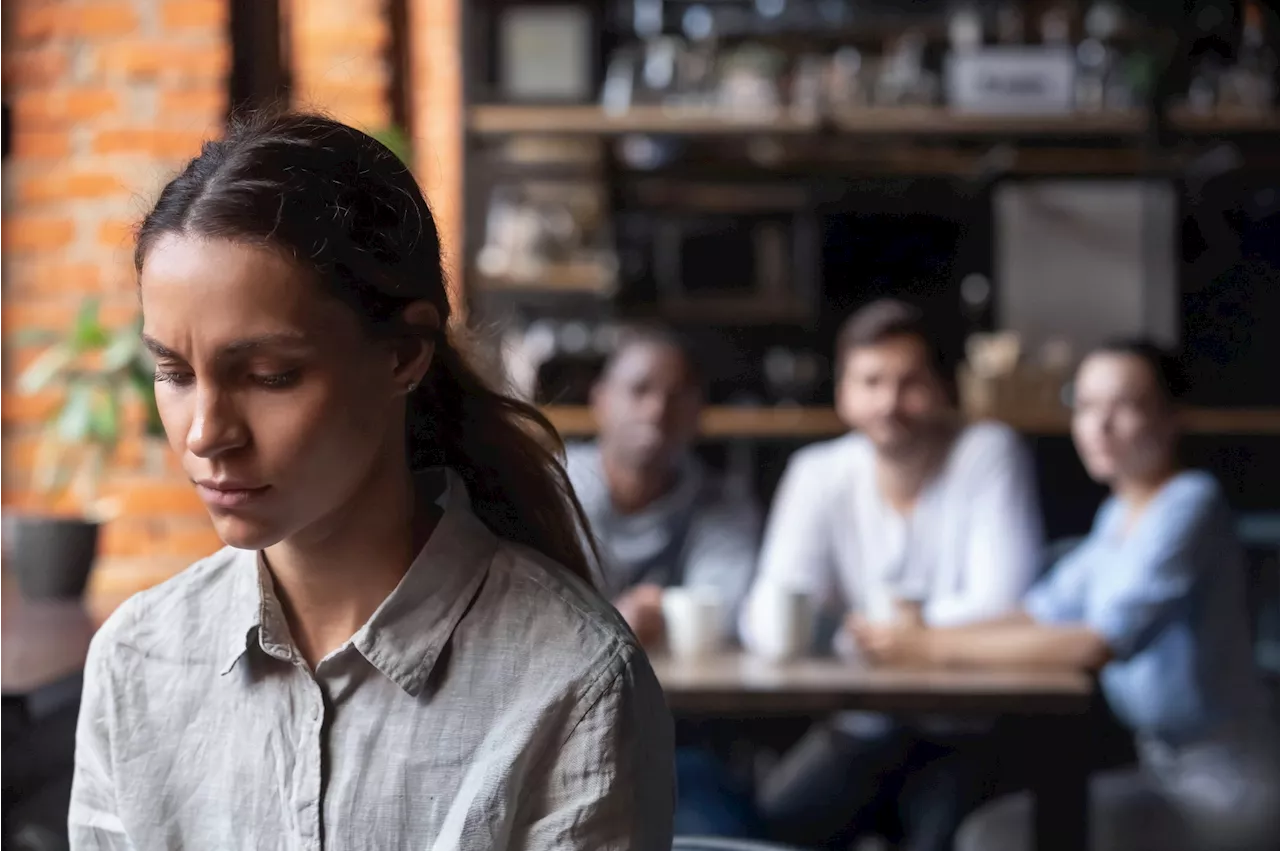Researchers examine the effects of the COVID-19 pandemic by using the concept of disorientation to explore its temporal and social dimensions.
By Pooja Toshniwal PahariaJun 10 2024Reviewed by Benedette Cuffari, M.Sc. In a recent study published in the British Journal of Psychology , researchers take a novel approach to understanding the effects of the coronavirus disease 2019 pandemic by using the concept of disorientation explore its temporal and social dimensions.
Social isolation significantly impacts temporal disturbances, as it can lead to slower perceived passage of time, extended subjective temporal distances, and an overall sense of time expansion. Previous studies have emphasized the link between social disorientation and temporal distortions; however, further research could clarify this association.
The component analysis identified several latent factors including temporal and social disorientation, lifestyle changes, and global psychological trauma screening. Social disorientation was a unitary component , except for questions 25 and 26, which concern the ability to create and sustain social interactions using digital means.
Study findings The passage of time had the highest standard deviation across all demographic groupings. Post-hoc analysis indicated a more disoriented phenomenology for students across components, except time, with the two most significant impact sizes being global psycho-trauma and future orientation.
During the COVID-19 pandemic, individuals generally felt time was sluggish and extended. Among the participants, 73% reported the time before the pandemic was further away as compared to only 6.8% who felt it was closer. Moreover, 14% strongly agreed or agreed to both fast and slow experiences of time. Similarly, 14% of respondents agreed or strongly agreed to both long and short experiences of temporal distance at times.
Anxiety Coronavirus Pandemic Psychology Research Stress Trauma
United Kingdom Latest News, United Kingdom Headlines
Similar News:You can also read news stories similar to this one that we have collected from other news sources.
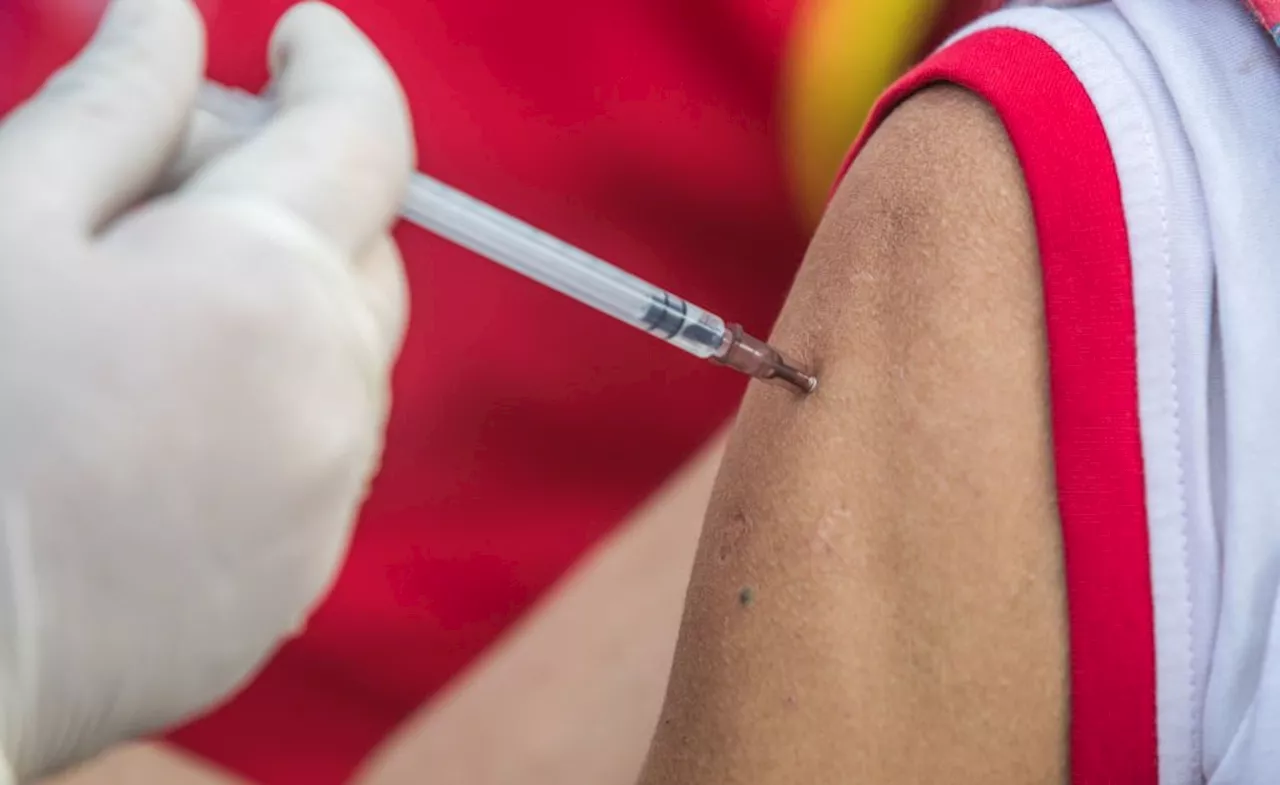 Genetics Played Role in Rare Blood Clots Linked to COVID-19 Vaccines, Researchers FindRare but deadly blood clots tied to J&J and AstraZeneca's vaccines were caused by an autoimmune reaction that some people are predisposed to, researchers found.
Genetics Played Role in Rare Blood Clots Linked to COVID-19 Vaccines, Researchers FindRare but deadly blood clots tied to J&J and AstraZeneca's vaccines were caused by an autoimmune reaction that some people are predisposed to, researchers found.
Read more »
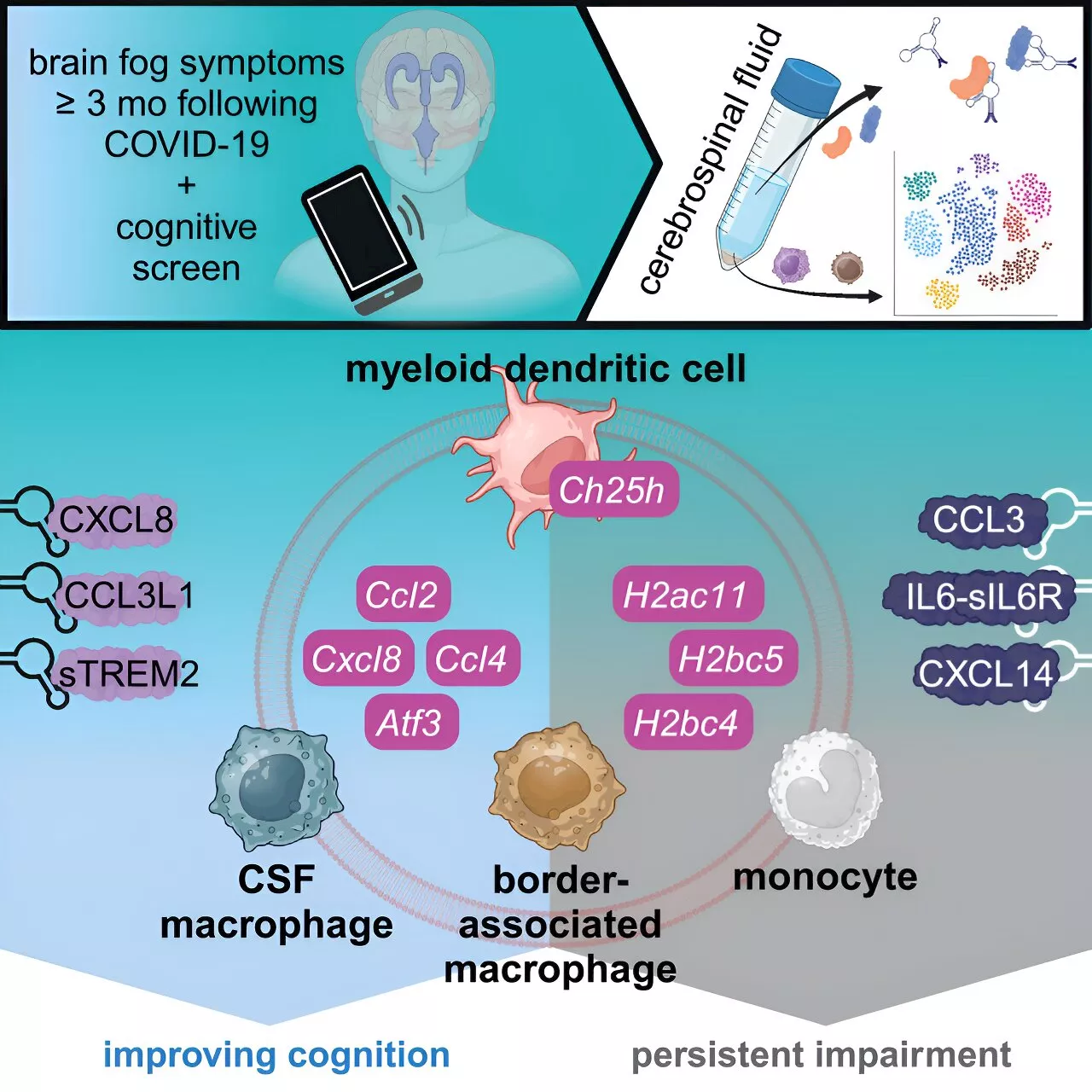 Researchers profile clinical, gene and protein changes in 'brain fog' from long COVIDLong COVID is associated with active inflammatory changes in the nervous system, but the condition is distinct from Alzheimer's disease and other neurodegenerative disorders, according to a Rutgers Health study.
Researchers profile clinical, gene and protein changes in 'brain fog' from long COVIDLong COVID is associated with active inflammatory changes in the nervous system, but the condition is distinct from Alzheimer's disease and other neurodegenerative disorders, according to a Rutgers Health study.
Read more »
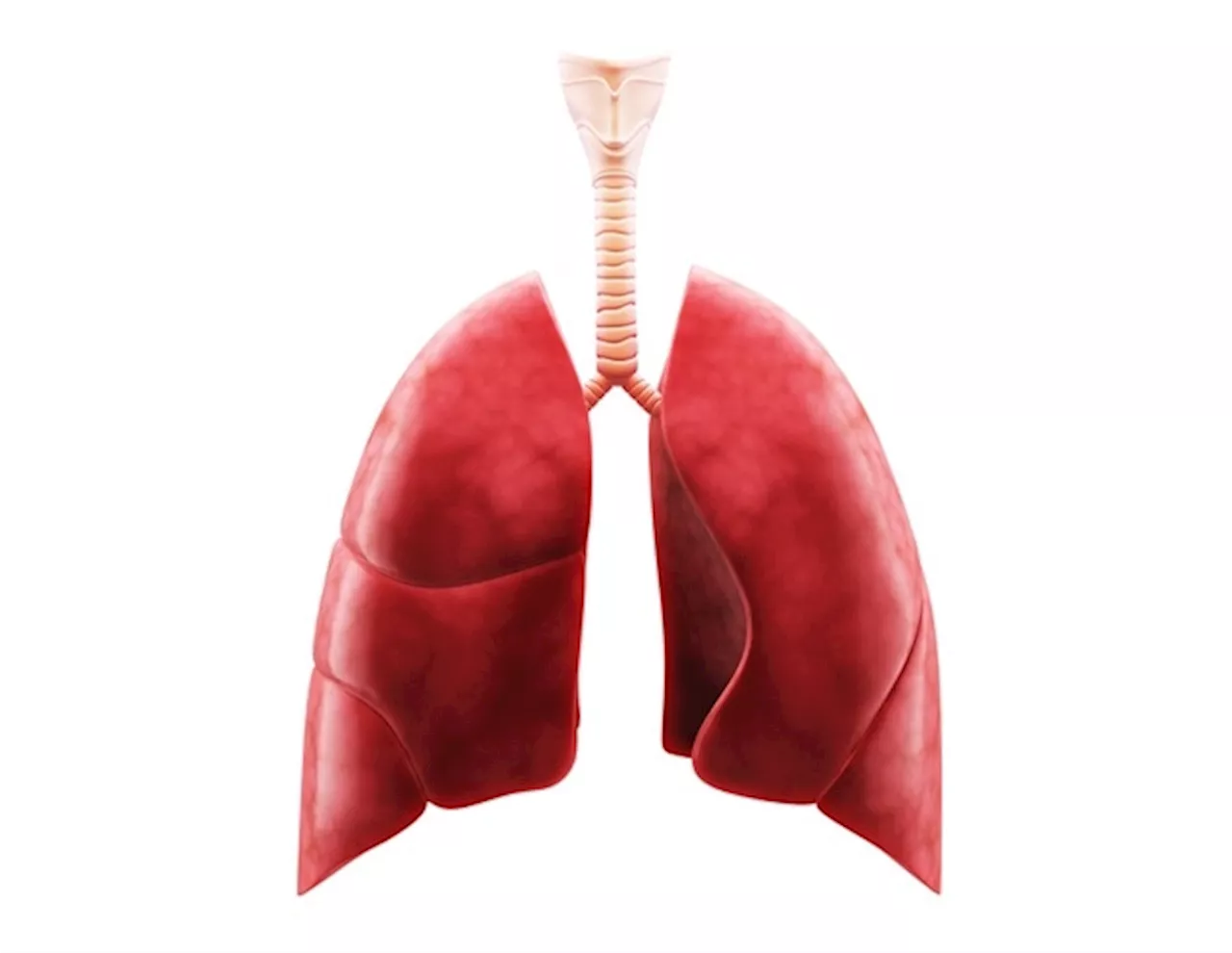 Columbia researchers link ferroptosis to COVID-19 lung diseaseIn some severe cases of COVID-19, the lungs undergo extreme damage, resulting in a range of life-threatening conditions like pneumonia, inflammation, and acute respiratory distress syndrome.
Columbia researchers link ferroptosis to COVID-19 lung diseaseIn some severe cases of COVID-19, the lungs undergo extreme damage, resulting in a range of life-threatening conditions like pneumonia, inflammation, and acute respiratory distress syndrome.
Read more »
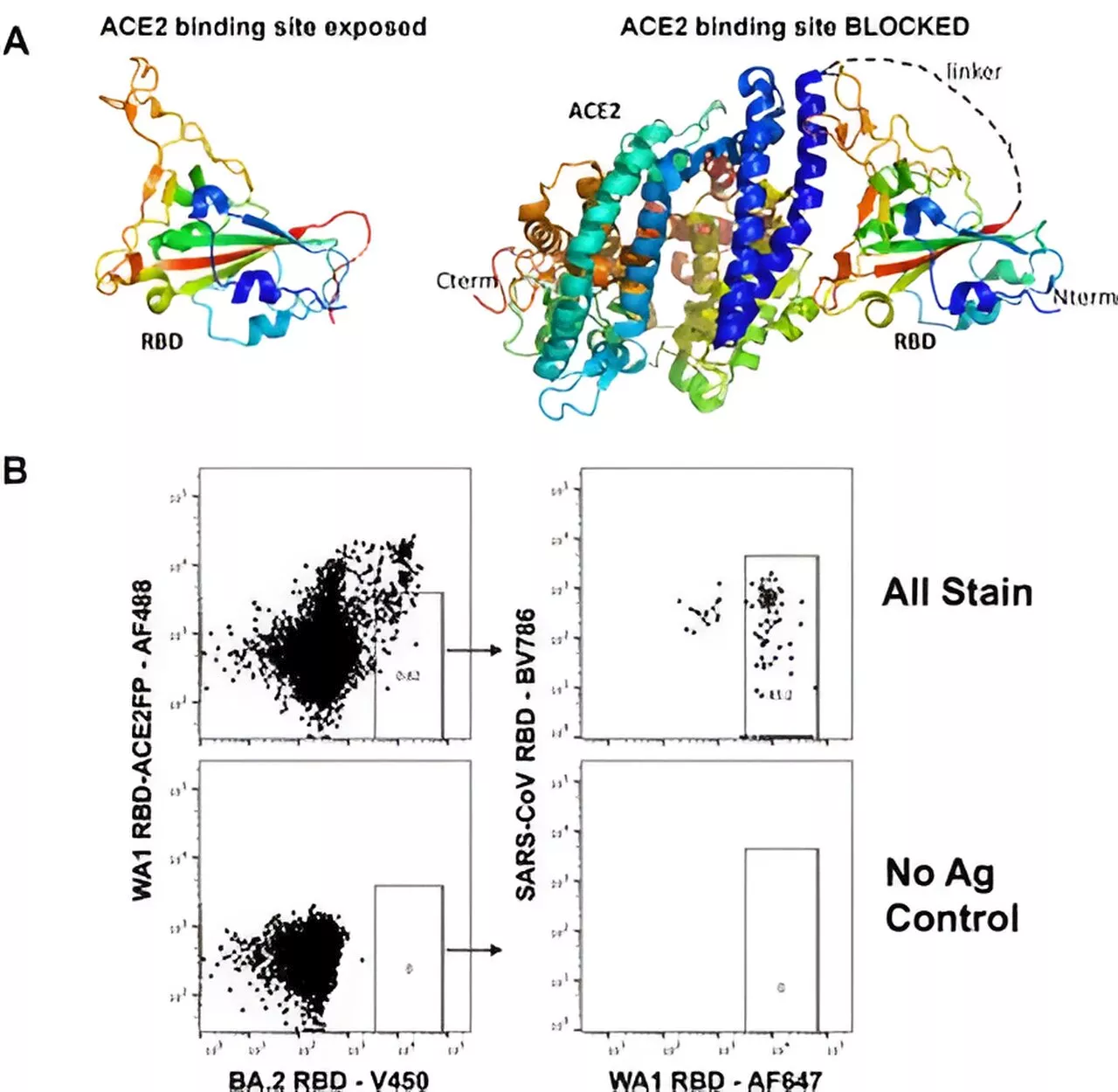 Researchers take step toward development of universal COVID-19 antibodiesSARS-CoV-2, the virus that causes COVID-19 disease, continues to evolve and evade current vaccine and therapeutic interventions.
Researchers take step toward development of universal COVID-19 antibodiesSARS-CoV-2, the virus that causes COVID-19 disease, continues to evolve and evade current vaccine and therapeutic interventions.
Read more »
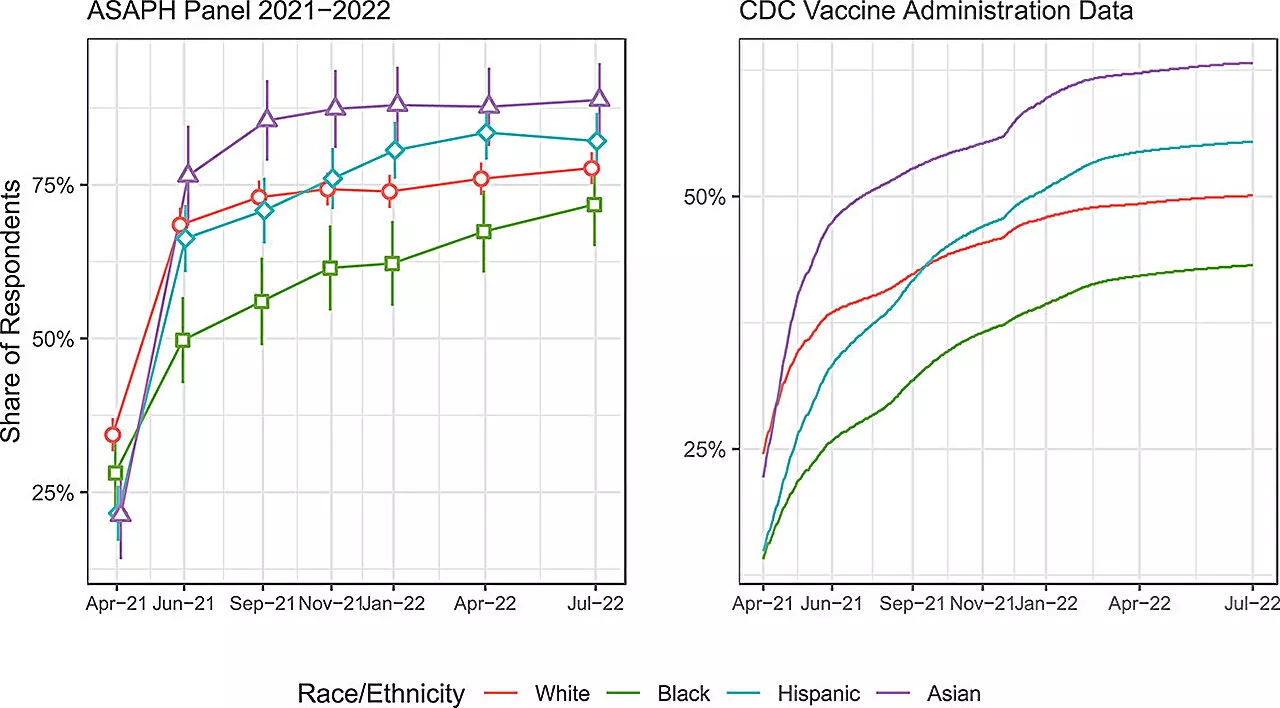 Researchers find knowledge a factor in closing Black-white COVID-19 vaccination gapEarly in the COVID-19 pandemic, Black Americans were more hesitant to take the COVID-19 vaccine than were white Americans. As the pandemic went on, however, the disparity in vaccination rates between Black and white adults declined.
Researchers find knowledge a factor in closing Black-white COVID-19 vaccination gapEarly in the COVID-19 pandemic, Black Americans were more hesitant to take the COVID-19 vaccine than were white Americans. As the pandemic went on, however, the disparity in vaccination rates between Black and white adults declined.
Read more »
 Researchers create brain organoid to investigate effects of COVID-19 in people with Down syndromeA first-of-its kind brain organoid grown at The University of Queensland has helped researchers identify therapies that reduce the impact of COVID-19 on people with Down syndrome.
Researchers create brain organoid to investigate effects of COVID-19 in people with Down syndromeA first-of-its kind brain organoid grown at The University of Queensland has helped researchers identify therapies that reduce the impact of COVID-19 on people with Down syndrome.
Read more »
